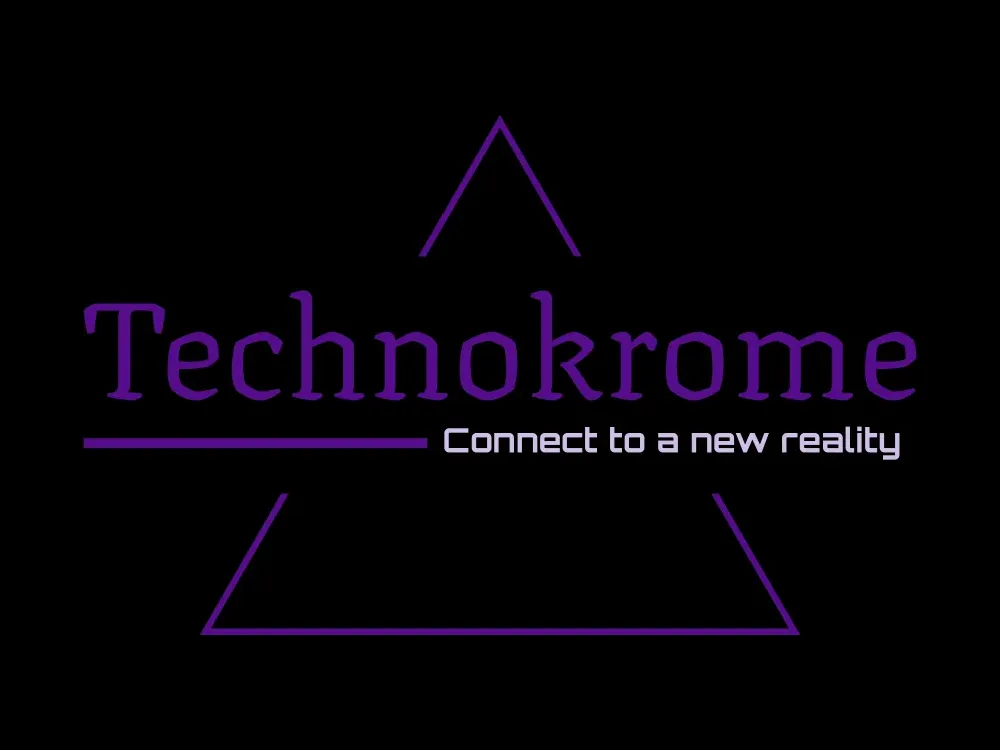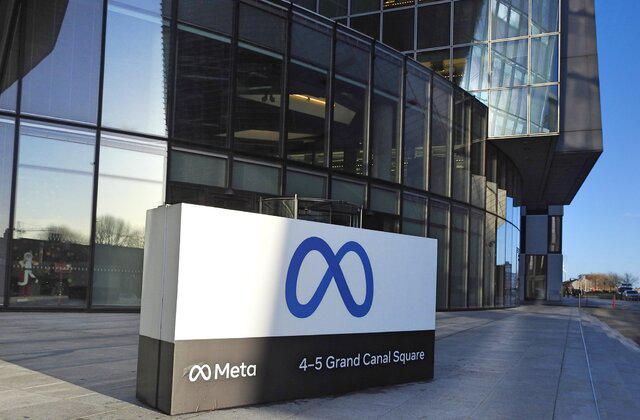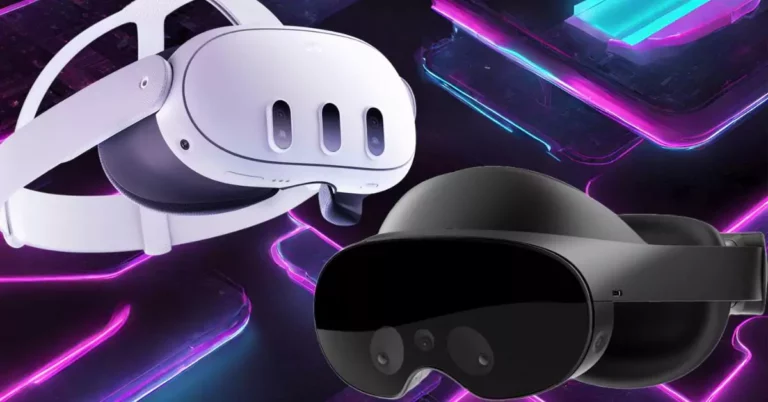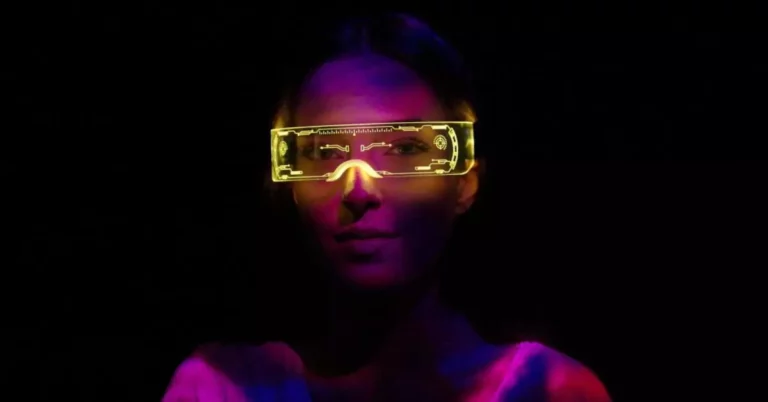Meta’s dedicated demo space
With Meta opening its first physical retail store in Burlingame, California soon, we hear the tech giant is planning on having a demo space in their store for customers to check out their headset.
This sounds awfully similar to what Samsung and a few other companies do before launching a major product model. They would open pop-up stores in targeted locations where a select few can come and try out their offered products. This is basically a fancified form of marketing where tech influencers can document their experiences and provide an overview to customers pre-release. The whole thing could get a bit unreasonable in terms of cost, but quite effective nonetheless.
Meta is planning to convert window shoppers into potential customers by providing them with the option to play around with their new and quite expensive, may I add, VR headset. This will let shoppers have a preview of what they can experience with virtual reality, and more so with the right VR gadget.
Meta only produces 3 product lines currently, so this marketing tact may seem uncommon at present. But with people getting to taste their services in person, this may significantly increase their sales. And this is particularly important, as Meta investments have taken a hit recently due to minimal revenue return. You can read more on that here.
Customers will be able to check out Meta’s Quest, Ray-Ban Stories and Portal at the store – but the demo area seems to be dedicated only to VR as a sizeable portion of the adjacent LED wall apparently shows the view from the headset.
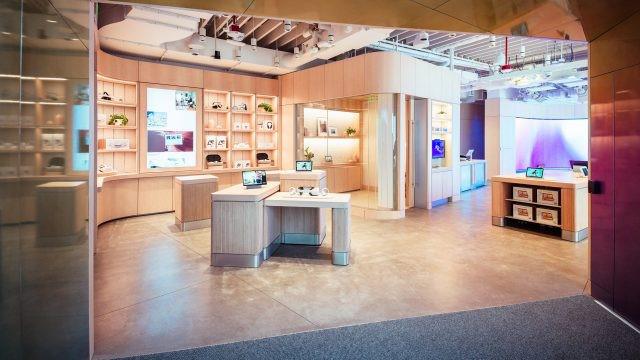
The retail store will be opening on the 9th of May, according to Meta.
Meta CEO, Mark Zuckerberg says, “The best way to understand virtual reality is to experience it. At the new Meta Store, anyone can demo popular apps on Quest 2 and project what you’re experiencing onto a big wall for your friends to see,”
With the company vigorously building towards the Metaverse and having it form an integral component of Web3 – the tremendous preparations for the future to take over are no less creditable.
Meta also says that they will be sending customers back with a token of their grandiose experience –something that captures the customers inset into their demo VR experience they had at the store, in the form of short mixed-reality clips. Now that could certainly boost user experience at the store.
The decision to open their first retail store in Burlingame was a statistical one. This way, the company can monitor product usage and other metrics required for analysis conveniently as California is also where Meta headquarters are located. Martin Gilliard, Meta’s Head of Store also spoke on how it can improve customer experience. “What we learn here will help define our future retail strategy,” Gilliard said.
Can Meta afford such elect elaborations?
Now the retail store sure sounds dandy, but will Meta be able to keep its’ investors’ wishes? It is not like Meta is short on funding or resources – but with recent financial challenges, it seems Meta may be taking risks that may or may not pay off as expected.
Meta’s Q1 2022 Earnings Call had CEO Mark Zuckerberg tell shareholders that they may not see their investments coming to fruition until the next decade. Given how his enormous business is gearing up for the next generation of Extended Reality and ultimately all things Web3, with his current fledgling Metaverse – investors had been putting in lofty values in terms of investments. To learn that their contributions may not yield any fruit till 10 more years, at least, must have been disappointing.
And to add to their frustration, the quarterly update also shared how much growth and operating costs had gone up. To be specific, operating costs for their XR division, Reality Labs, rose by about 62% YOY, amounting to nearly $3 billion in Q2 2022. Reality Labs is Meta’s research facility tasked with the development of the company’s virtual and augmented reality gadgets. It also oversees the overall progress of their Metaverse platform.
Zuckerberg also informed investors that the sum total of investiture could bring the costs up to at least $10 billion and upwards. The ambitious spending is all for the purpose of Meta attempting to convert its XR services as the world’s next computational platform.
Regardless, we know all things great take greater time to attain. And with all the hype surrounding the Metaverse and the upcoming Project Cambria, I am certain it won’t all go down the drain. On a more positive note, Reality Labs had an increased 30% revenue YOY. Revenue was up from $534 million in Q1 2021 to $695 million in Q1 2022.
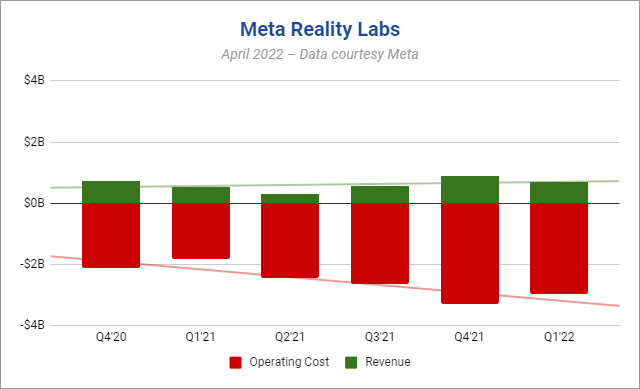
The rising costs were certainly a surprise to investors who are looking to find a reason to keep spending without the added cost of patience. Zuckerberg seemed to be firmly selling his belief to shareholders regarding how the steep expenses will go a long way in terms of Meta XR gaining control over mainstream users.
On the other hand, the timeline of his enterprise seems to be significantly lagging. While he did say that those staffed under their XR department are driven and working hard owing to the current Metaverse hype in the market, it would still take a considerable amount of time and extensive research to fully develop their virtual reality platform and related technology.
The expenses will really help them realize their ambitions and investors will receive a plentiful return when the products hit the market.
To summarize, Meta’s revamped computing platform may require some aggressive spending and a substantial amount of time, but when it does reach the public – it will all be worth it.
With billions spent on each quarter and Meta’s other enterprises including Facebook and Instagram also being funnelled to fund Zuckerberg’s VR initiatives – here’s to hoping that Meta does accomplish its’ astronomical dreams. Without breaching people’s privacy, of course.
Meta and Google AR glasses
Speaking of ambitious Meta projects, there’s still another high-end product we keep forgetting about. Codenamed Project Nazare – Meta will be launching a pair of hi-tech AR glasses, for consumers to experience augmented reality without a gigantic headset placed on their foreheads.
This certainly sounds like something out of a sci-fi movie, and I am sure it will be received well in the market given it is executed just as well.
The manufacturing of glasses that have integrated augmented reality features needs a lot of technical factors furbished to perfection. One of the reasons we see it only in movies and not very much in real life (although Google and Microsoft have already come up with their own variations of smartglasses) – is because it is something significantly difficult to achieve.
Not saying it is impossible, but the execution requires experts to put in tremendous work hours to make something like this even plausible.

Meta CEO, Zuckerberg says that the project would require the fitting of “hologram displays, projectors, batteries, radios, custom silicon chips, cameras, speakers, sensors” to accurately map users’ surroundings. And all of that within glasses about “5 mm thick”. Sounds like this won’t be released for quite some time, but Mark says they have been “making good progress”.
The closest the company has gotten to producing AR glasses is with their product called Ray-Ban Stories, which is a collaboration with the luxury eyewear company, Ray-Ban. Now this, of course, does not feature all the functionality that Project Nazare will have; instead, it consists of a built-in camera and microphone. These allow for video recording and point-of-view photo capturing. Sounds pretty basic but this is a big development in the field of AR glasses.
Coming to other tech giants who have already contributed their expertise to this field, Google has recently acquired microLED designer Raxium. This could be their first step toward building enhanced µLED microdisplays for both AR and VR products.
Rick Osterloh, senior VP of Google’s Devices & Services team has said, “The team at Raxium has spent five years creating miniaturized, cost-effective, and energy-efficient high-resolution displays that have laid the foundation for future display technologies.”
This could mean tough competition for Microsoft’s HoloLens and Magic Leap’s AR glasses – as Google with its recent hi-tech acquisitions, hopes to come out with its own line of XR products. This includes North, a Canadian company that manufactures inconspicuous prescription-compatible smartglasses, as one of Google’s more AR-dedicated acquisitions. As the world prepares to shift its entire position to decentralized projects and virtual /augmented reality, we will be seeing more of such mega-corps paving their own way for the future.
